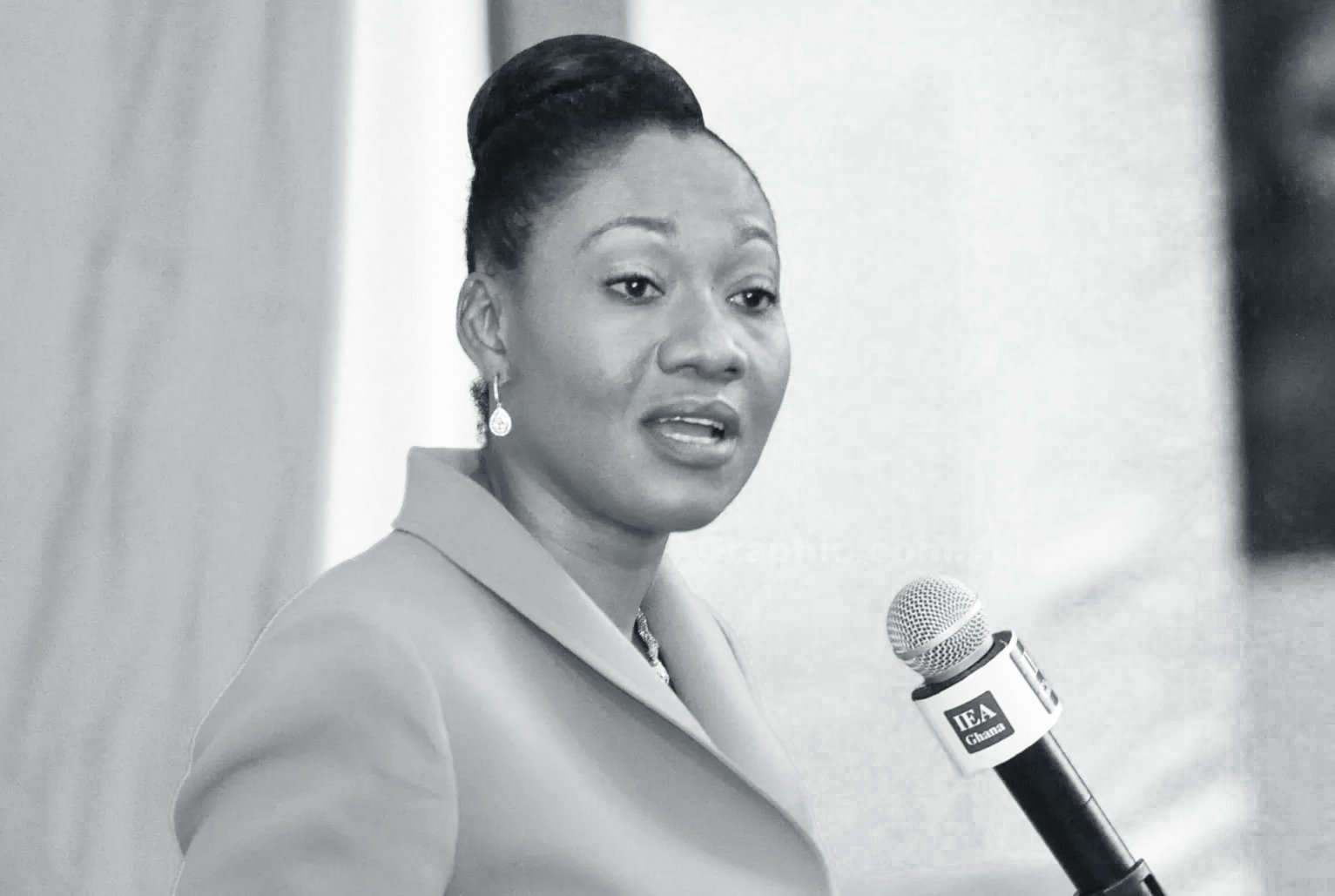
December 6, 2024
As Ghana prepares for its much-anticipated general elections on 7th December 2024, attention is focused on the distinctive features that define the nation’s electoral framework. Rooted in democratic principles and practices, Ghana’s electoral system serves as a beacon of inclusive governance and active citizen participation.
Under Ghana’s constitutional architecture, the right to vote is an entrenched constitutional provision.
Further, the country has had its longest and uninterrupted constitutional rule under the Constitution, 1992
Constitutional rule and democracy have thus guaranteed the right of the Ghanaian to vote and be voted for(see article 42 of the constitution) which has immeasurably ensured and enhanced participatory democracy.
At the core of the Ghana’s electoral system lies the principle of universal adult suffrage, ensuring that every citizen age 18 and above has the right to vote.
In a distinctive approach to voter engagement, Ghana embraces voluntary participation, granting citizens the freedom to decide whether to register and vote. Once registered, voters are uniquely linked to the polling station where they registered or to which they have transferred their votes. Voting is conducted by secret ballot, ensuring confidentiality. The entire electoral process is overseen by the Electoral Commission (EC), an independent body mandated by the 1992 Constitution.
Under Ghana’s electoral system, presidential and parliamentary elections are held simultaneously on 7th December every four years—a strategic decision aimed at streamlining the electoral process and enhancing civic engagement. Unlike some jurisdictions, Ghana imposes no minimum voter turnout requirement.
It should be noted that, unlike some jurisdictions, Ghana imposes no minimum voter requirement. However, the standard for winning the presidential election is high: a candidate must secure more than 50% of the valid votes cast. that means Should no candidate achieve this threshold, a run-off election is conducted within 21 days to determine the winner in accordance with constitutional provisions.
on the other hand, in parliamentary elections, the simple majority system, commonly referred to as “First-Past-The-Post” (FPTP), determines the winners. Candidates who secure the highest number of votes in their respective constituencies are duly elected to Parliament.
Following the close of polls, provisions exist for addressing grievances through judicial processes. The Supreme Court has exclusive jurisdiction over presidential election petitions, while the High Court handles disputes relating to parliamentary elections. Landmark cases such as the presidential election petitions of 2012 and 2020, as well as In re Wulensi Parliamentary Elections, underscore the judiciary’s pivotal role in safeguarding the integrity of the electoral process.
As the nation marches towards the 7th December 2024 elections, it is imperative for all political actors and the electorate to place their trust in the robust electoral framework Ghana has developed. This system, grounded in fairness and transparency, reflects the collective will of the people and strengthens the country’s democratic credentials.
It is often noted that Ghana is an oasis of peace in a troubled sub-region. Indeed we have become the envy and point of reference across the continent for constitutional rule. it should be a no- brainer that we have another fine opportunity to demonstrate and affirm our position: to demonstrate that constitutianal democratic governance has found home in Ghana.
We dare not let ourselves down!










